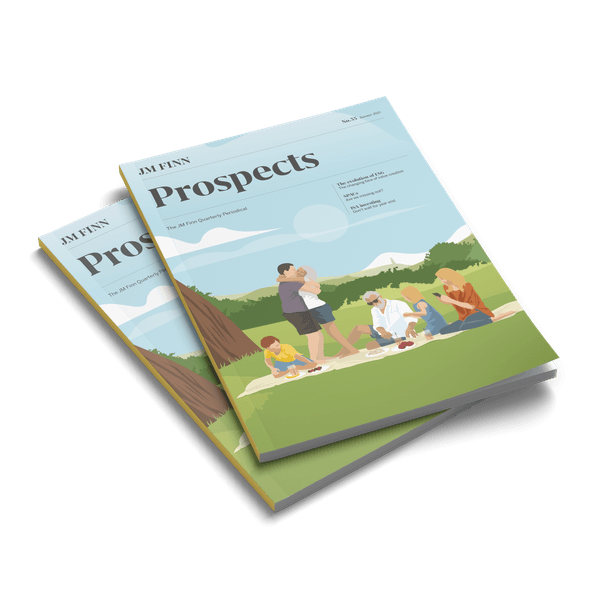A little forward thinking can go a long way, as a longer time horizon allows you to consider taking on more risk with your money than you might be comfortable with under a shorter term investment, with the aim of producing higher returns.
ISAs are a fantastic savings tool in which investors benefit from not paying tax on dividends, capital gains or interest earned in the account. The government offers a maximum £20,000 allowance each year with an annual deadline at the end of the tax year on the 5th April.
ISAs are a fantastic savings tool in which investors benefit from not paying tax on dividends, capital gains or interest earned in the account.
In excess of 300 days, it may feel premature to think about your ISA contribution right now, but the earlier you invest, releases the opportunity of compound returns – investment and interest. Of course, it is dependent on whether or not you have the monies available at the time, compound return is less about how much you can afford to put aside, and more about how long your money has to grow.

As a point of reference, assuming a 5% average annual return, following an initial investment of £20,000, should you invest £20,000 on the first day of the next tax year as opposed to the last day for the next 10 years, you would gain an extra ~£13,604.
Note that this does not take account of any dividends that may be reinvested.
Likewise, using the same principle of investing early as opposed to late in the tax year, over a period from the age of 21 to 65 you could potentially gain a further ~£163,459 through compound interest. This is of course assuming an average annual return of 5% and an initial investment of £20,000. There is also a good chance the annual ISA allowance will change from £20,000 over the next 44 years!
Many people do not have £20,000 cash to invest at once, but it is still advantageous to drip your money into the market through regular investments.
Investment timing aside, compounding growth of 7% per annum from a single £20,000 contribution will see it more or less double in 10 years and quadruple in 20 years. As such, should you contribute £20,000 at the age of 21, assuming a 7% annual return, your fund will be worth ~£40,000 by age 31 and ~£80,000 by age 41.
It is greatly important to consider what wrapper to invest in. We’ve already noted that an ISA is beneficial in that you will pay no tax on dividends, capital gains or interest earned in the account. In contrast, a wrapper such as an Onshore Investment Bond will see all growth initially taxed at 20%. Using the same variables of a single £20,000 investment and 7% annual growth, over a 10 year period an investment in an Onshore Investment Bond will be more than £6,500 worse off than having invested in an ISA.
Many people do not have £20,000 cash to invest at once, but it is still advantageous to drip your money into the market through regular investments rather than saving up elsewhere and committing a lump sum later on.
The higher your account’s balance and the longer your money is invested, the more opportunity it has to compound in value over time.
The higher your account’s balance and the longer your money is invested, the more opportunity it has to compound in value over time.
Investing is subject to the fluctuations of markets, and it should be stressed that there is always a risk that you could lose money, but by investing over a longer timeframe, riding out market volatility along the way, over time, your funds should grow. Markets rarely peak all in one go and there is often short term volatility along the way.
Many people tend to hold their savings in a regular savings account with a bank. Savings account interest rates are notoriously low, prompting the Daily Mail to print the headline “what is the point of saving?” Whilst we cannot condone this sentiment to savings, considering the benefits discussed earlier in this piece, we believe holding as much of your savings as you can afford to invest in an investment ISA as opposed to a bank savings account or cash ISA should prove incredibly beneficial to your savings returns.
The information provided in this article is of a general nature. It is not a substitute for specific advice with regard to your own circumstances.
Illustration by Emily Nault




